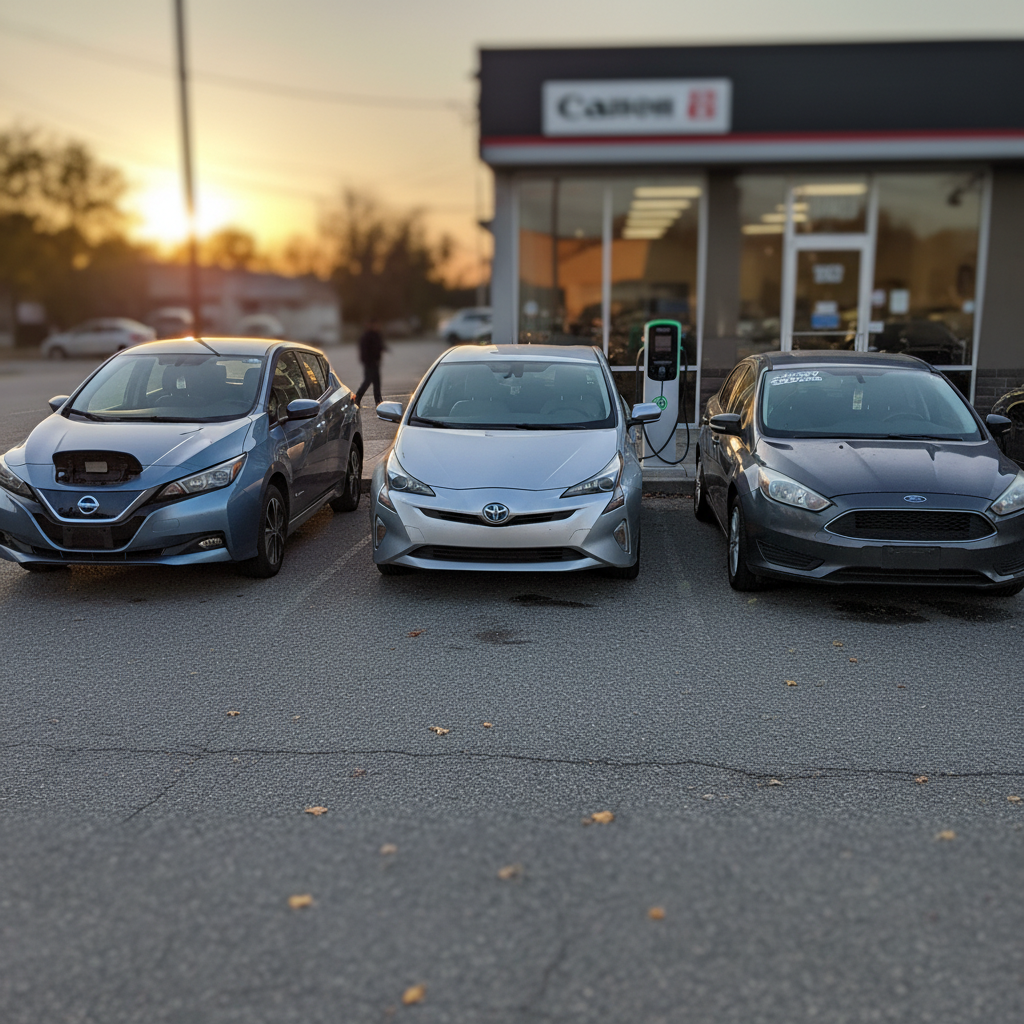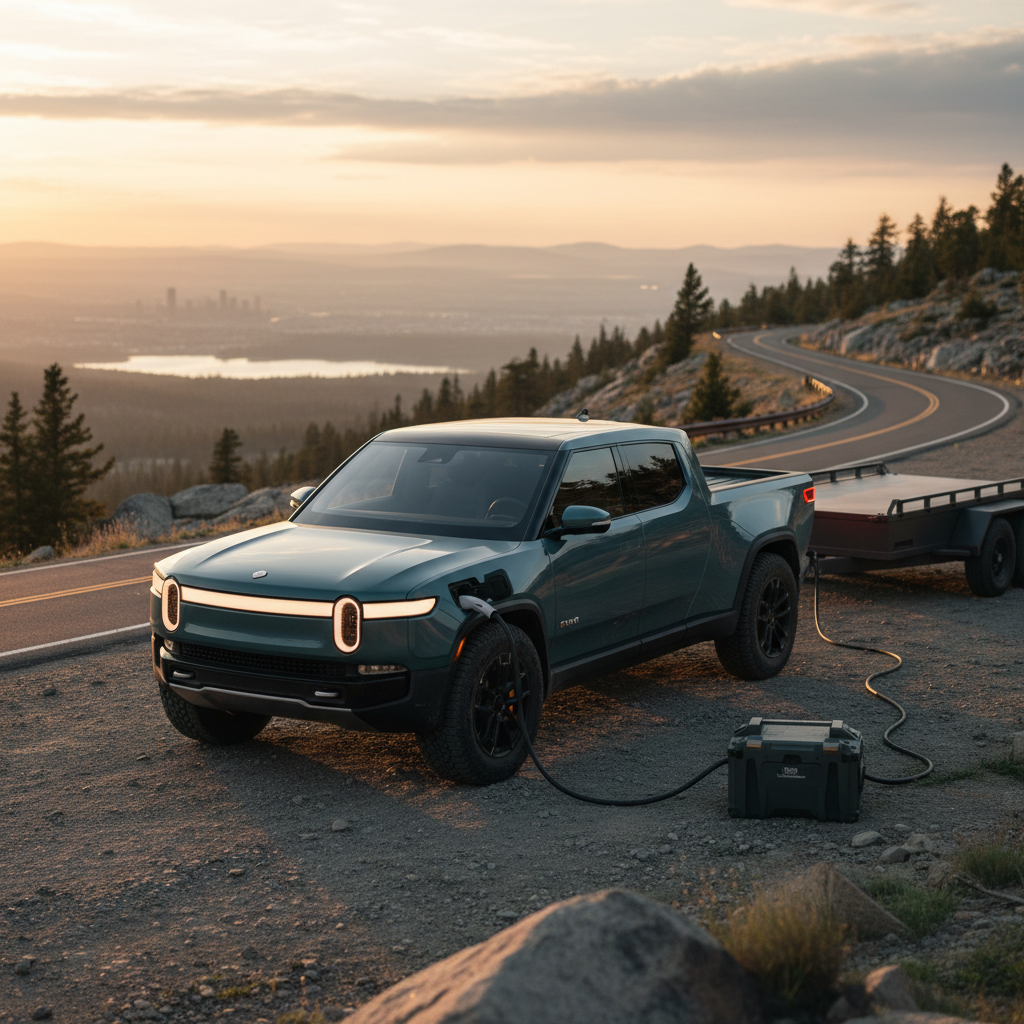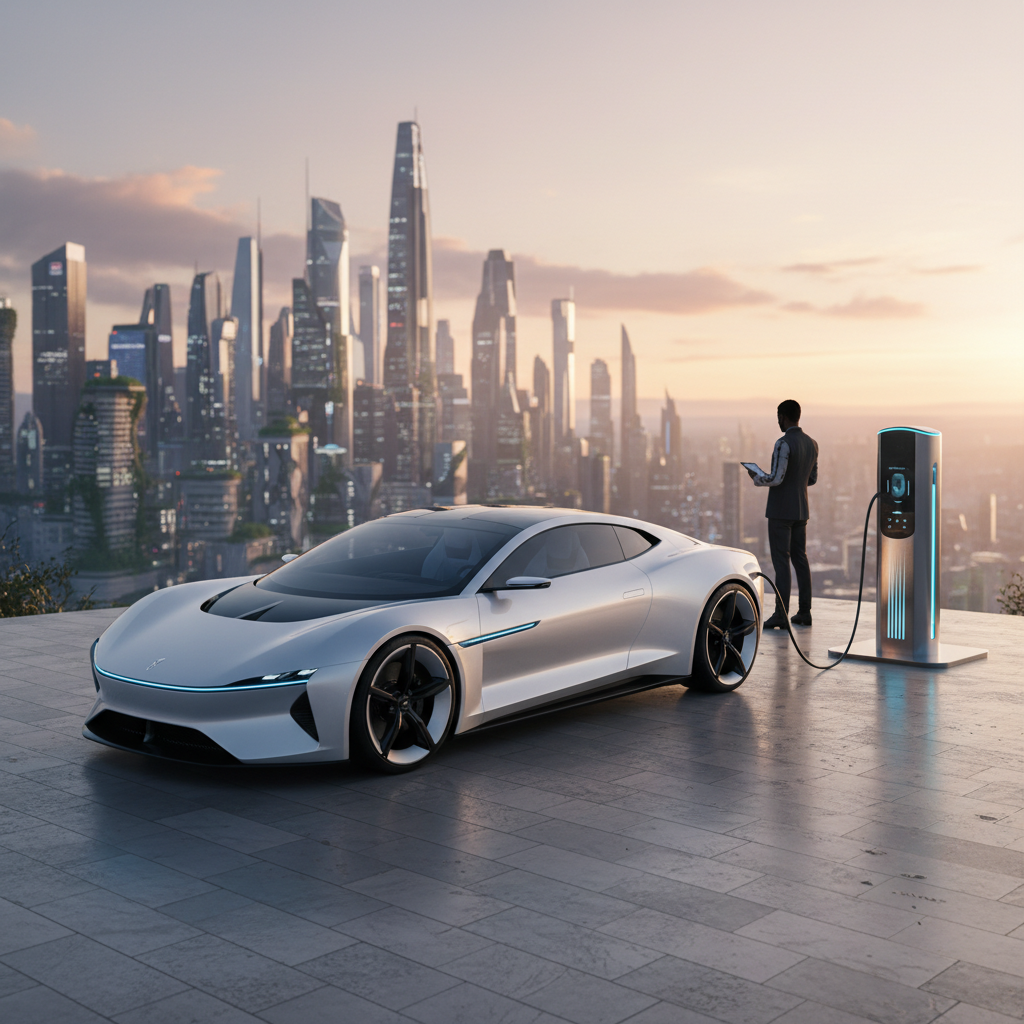You can absolutely find good used cars under $20,000 in 2025, but you have to be choosy. The market is flooded with ex-leases, off-rental leftovers, and the occasional landmine with four owners and a mysterious Carfax. The trick is ignoring the shiny stuff and homing in on the cars that quietly rack up miles with minimal drama.
How this guide is different
Why $20,000 Is a Sweet Spot for Used Cars
At around $20,000, you’re above the sketchy end of Craigslist but below the nosebleed zone where depreciation hasn’t really done its job yet. You’re shopping the fat middle of the bell curve: three‑ to eight‑year‑old cars that have taken their biggest value hit but still have plenty of life, and in many cases, factory warranty, left.
What $20,000 Buys You in 2025 (Typical Ranges)
Remember regional price swings
Quick List: Good Used Cars Under $20,000
Snapshot: Standout Models by Category
If you read nothing else, start here.
Sedans & Hatchbacks
- 2019–2022 Toyota Corolla (including Hybrid in some markets)
- 2018–2020 Mazda 6 (sporty midsize)
- 2019–2022 Subaru Impreza (all-weather hatchback)
Compact & Small SUVs
- 2018–2021 Mazda CX-5
- 2021 Kia Sportage
- 2018–2020 Mazda CX-9 (3-row on a budget)
Hybrids
- 2019 Toyota Camry Hybrid
- 2021 Toyota Corolla Hybrid
- 2018–2020 Toyota RAV4 Hybrid
EVs
- Chevrolet Bolt EV (2017–2022)
- Nissan Leaf (2018+ with larger battery)
- Tesla Model 3 (early Standard Range examples are dipping toward $20k)
Start with the short list, then filter
Best Used Sedans Under $20,000
Sedans are the quiet bargains of 2025. Everyone is SUV‑pilled, which means you can snag cars that drive better, use less fuel, and cost less than their tall, clumsy cousins.
Good Used Sedans Under $20,000
Representative trims and model years that commonly transact under $20k, depending on mileage and condition.
| Model | Model years to target | Why it’s good | Fuel economy (approx.) |
|---|---|---|---|
| Toyota Corolla / Corolla Hybrid | 2019–2022 | Supremely reliable, easy to service, now with modern safety tech and available hybrid powertrain. | 32–52 mpg combined depending on trim. |
| Mazda 6 | 2017–2018 or 2018–2020 | Looks and drives like a baby luxury car; great steering, comfortable highway ride, strong reliability when maintained. | 27–29 mpg combined. |
| Honda Accord & Accord Hybrid | 2018–2020 (gas) / 2018–2019 (Hybrid often under $20k) | Roomy, safe, and refined. Hybrid versions deliver standout fuel economy if you can find one under budget. | 30–48 mpg combined. |
| Subaru Impreza | 2019–2022 | Standard all‑wheel drive, good crash scores, and hatchback practicality. Ideal for snow states. | ~32 mpg combined (CVT). |
Pricing will vary, treat these as targets, not guarantees.
Transmission reality check
Best Used SUVs Under $20,000
You want the elevated driving position and cargo room, but you don’t want a rolling money pit. In the sub‑$20k world, that usually means compact crossovers and a few well‑chosen 3‑row options.
Good Used SUVs Under $20,000
Compact and midsize SUVs that routinely show up at or under $20k with reasonable miles.
| Model | Model years to target | Type | Why it’s good |
|---|---|---|---|
| Mazda CX-5 | 2018–2020 | Compact SUV | Arguably the best-driving non‑luxury SUV of its era, with upscale cabin materials and strong safety scores. |
| Kia Sportage | 2021 | Compact SUV | Consumer Reports darling for value and reliability under $20k; easy to live with, sensible ergonomics. |
| Mazda CX-9 | 2018–2020 | 3‑row SUV | Family‑friendly 3‑row with Mazda’s trademark steering feel and a surprisingly nice interior. |
| Subaru Outback | 2018–2020 | Wagon/SUV | Great if you live where weather happens; generous cargo room and standard AWD. |
| Toyota Highlander (V6) | 2015–2016 | 3‑row SUV | Older but relentlessly durable. Look for clean, low‑rust examples rather than fixating on model year. |
Focus on trim levels with active‑safety tech, not just big wheels and leather.
SUV reality: bigger = pricier to own
Best Used Hybrids Under $20,000
If you drive a lot, or you just hate watching the fuel gauge drop, hybrids are where the real savings live. Toyota and Honda in particular have spent decades perfecting the formula, and their used hybrids tend to be snooze‑level reliable when maintained.
High-Value Hybrids Under $20k
Efficient without being appliance-grade boring.
2019 Toyota Camry Hybrid
Often lands right around the $20k mark depending on mileage. Delivers mid‑40s mpg, a comfortable ride, and the feeling that it’ll outlast your student loans.
2021 Toyota Corolla Hybrid
Compact footprint, big efficiency, up to around 50 mpg combined when driven gently. Great commuter if you don’t need an SUV stance.
2018–2020 Toyota RAV4 Hybrid
These are in high demand, but higher‑mileage examples are flirting with $20k. You get SUV practicality with hybrid efficiency and all‑wheel drive.
Don’t fear hybrid batteries, fear neglect
Best Used EVs Under $20,000
Used EV prices have fallen hard since 2023. That’s painful if you bought new, but great news if you’re shopping now. Under $20k, you won’t get a brand‑new Tesla with 300 miles of range, but you will find plenty of city‑friendly commuters and a few long‑range surprises.

Used EVs That Commonly Dip Under $20,000
Specific ranges and prices depend heavily on mileage, battery condition, and region.
| Model | Model years to target | Approx. range when new | Why it’s a good buy |
|---|---|---|---|
| Chevrolet Bolt EV | 2017–2022 | 202–259 miles | Compact, quick, and very efficient. Many post‑battery‑recall cars now have fresh packs and long warranties. |
| Nissan Leaf (40 kWh & 62 kWh) | 2018–2022 | 149–226 miles | Affordable entry into EV land, especially as a second car or city commuter. Look for the larger battery where possible. |
| Hyundai Kona Electric | 2019–2021 | 258 miles | One of the best range‑per‑dollar EVs on the market. Under $20k is increasingly common for higher‑mileage examples. |
| Kia Niro EV | 2019–2021 | 239 miles | Practical crossover shape with strong range; earlier used examples are now serious bargains. |
| Tesla Model 3 (Standard Range) | 2017–2019 (high miles) | ~220–240 miles | You’re shopping on the fringe of the $20k line, but older, higher‑mileage SR cars are beginning to appear near this price. Great charging network, modern tech. |
Always check battery health carefully on any used EV purchase.
The EV gotcha: battery health and charging
Safety and Reliability: How These Cars Made the Cut
“Good” isn’t just “kinda popular.” For this list, we lean on brands with proven reliability, Toyota, Lexus, Mazda, Honda, Kia in certain years, and on models that do well in major consumer‑data sets and crash tests. Then we sanity‑check that they actually appear under $20k in recent sales, not just in optimistic listings.
- Strong reliability records from sources like Consumer Reports and large‑sample owner surveys.
- Solid crash‑test results from IIHS and NHTSA, ideally with active safety like automatic emergency braking.
- Availability near or under $20k in the U.S. used market as of late 2025, with typical mileage.
- No glaring long‑term issues (e.g., widespread engine failures or chronic transmission problems) that would nullify the initial bargain.
How EV shoppers get extra protection with Recharged
How to Shop Smart for a Used Car Under $20,000
Price vs. condition
At this price point, two cars that look identical online can be worlds apart up close. A slightly older, well‑maintained car will usually beat a newer car with spotty history and cheap tires. Don’t chase the newest model year at the expense of condition.
Private party vs. dealer
Private sellers may offer lower prices but fewer protections. Dealers often provide financing and can roll taxes and fees into the loan. A transparent used‑car marketplace like Recharged for EVs combines the best of both, online convenience with expert support.
Pre-Purchase Checklist for Any $20k Used Car
1. Pull a full history report
Look for accident records, title status (no salvage or flood), number of owners, and usage (personal vs. rental or fleet). Walk away from anything with a branded title unless you’re an experienced buyer.
2. Scan for obvious red flags in person
Uneven panel gaps, mismatched paint, odd tire wear, warning lights, a warm engine on a ‘cold’ start, these all hint at stories the seller didn’t tell you.
3. Get a pre-purchase inspection
Spend a couple hundred dollars so an independent mechanic can raise the car, inspect suspension, brakes, leaks, and pull diagnostic codes. For EVs, choose a shop familiar with high‑voltage systems.
4. Check tires, brakes, and fluids
A car that needs four tires and a full brake job can eat $1,000–$2,000 immediately. Use that as leverage in negotiation or factor it into your budget.
5. Drive it like you’ll actually use it
Highway, stop‑and‑go, parking‑lot maneuvers. Listen for clunks or whines, check transmission behavior, climate control, infotainment, and all power features.
6. Verify all keys, manuals, and chargers
Missing key fobs or, in the case of EVs, missing charging cables and adapters can be surprisingly expensive to replace.

Extra Tips If You’re Considering a Used EV
Shopping for a used EV under $20k is a bit different from shopping for a used Civic. You’re buying a battery on wheels; the rest is mostly details.
- Focus on usable range today, not just EPA range when new. Ask the seller for recent full‑charge range readings or energy‑usage logs.
- Look at the car’s fast‑charging history if available. An EV that lived on DC fast chargers 100% of the time may age faster than one mostly charged at home on Level 2.
- Factor in your home charging situation. If you rent or live in a condo, research charging options before you fall in love with a car.
- Check whether the model has had battery recalls or warranty extensions. Some, like the Chevrolet Bolt EV, have benefited from battery replacements that can actually make them better used buys.
- If you’re nervous about battery health, consider buying through a specialist marketplace like Recharged, where every EV comes with a diagnostics‑driven battery health score.
Leverage EV depreciation
Financing and Total Cost: Don’t Just Stare at the Sticker
A $19,995 car can be a worse deal than a $21,500 car if you ignore interest, taxes, fees, and running costs. Under $20k, every extra hundred bucks either buys you useful features or turns into dead money.
Three Levers That Matter More Than You Think
Tweak these and the same $20k car becomes much easier to live with.
Loan term & rate
Stretching to 72 or 84 months to ‘make the payment work’ can mean paying thousands extra in interest. Shorter term, better rate, slightly cheaper car is usually the smarter move.
Fuel or electricity
Compare your actual commute to each model’s mpg or kWh/mile. Hybrids and EVs can save you more over 3–5 years than a slightly lower monthly payment on a thirstier vehicle.
Maintenance & repairs
An older luxury SUV with air suspension and 20-inch tires can devour your budget even if you buy it for $18k. Parts and labor don’t care what you paid for the car.
How Recharged can help with costs
FAQ: Good Used Cars Under $20,000
Frequently Asked Questions
Bottom Line: Match the Car to Your Life, Not the Hype
Good used cars under $20,000 still exist in 2025, you just have to ignore the noise. Start by deciding what problem you’re actually trying to solve: daily commute, family hauling, weekend road trips, or all of the above. Then pick from the short lists here, prioritizing safety, reliability, and condition over badges and big wheels.
If you’re leaning toward an EV, take advantage of the current buyer’s market and lean on data: a battery‑health report, charging history, and transparent pricing. That’s exactly the gap Recharged was built to fill, with verified battery diagnostics, expert guidance, and nationwide delivery of used EVs that have already passed the tough‑questions test. However you shop, remember: the right $18,000 car, bought well, will feel a lot better five years from now than the wrong $20,000 one you fell for in a parking lot at dusk.



